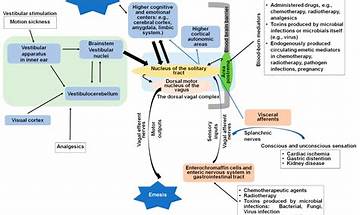Suspected of serious academic misconduct! This article 17 years ago was withdrawn.

P14ARF is a tumor suppressor and plays a key role in p53-dependent or p53-independent cell growth control. Some recent studies have provided evidence that p14ARF can also directly or indirectly interfere with some components of RB signaling pathway, thus mediating its antiproliferative activity. The purpose of this study is to explore whether there is a direct relationship between p14ARF and RB protein.
On February 27th, 2006, S. Gazzeri of Joseph Fourier University published a research paper entitled "p14ARF promotes RB accumulation through inhibition of its tip60-dependent acetylation" in Oncogene(IF=8.0) as a correspondent. The research shows that P14 ARF can prevent tip 60-mediated Rb acetylation, thus preventing its proteasome degradation. Generally speaking, the results of this study determine a new mechanism by which p14ARF controls RB pathway to trigger its anti-proliferation function.
However, on July 31, 2023, the article was withdrawn, mainly because the article was suspected of repeated use and irregular splicing of pictures.
The editor-in-chief withdrew the article. After publication, concerns were raised about the similarity of western blot bands in Figures 4a, 4b, 5a, 5b and 7a and the vertical fracture of imprinting background. The author repeated the experiment to verify the results, but could not explain the similarity or background irregularity in the published data. Therefore, the editors no longer have confidence in the data provided.
The author has been asked to submit a revised manuscript containing repeated experimental data for further peer review.
Shkhochbin agreed to withdraw this statement. B Eymin and S Gazzeri disagreed with the retraction. Col did not reply to any letter from the editor or publisher about this retraction. Publishers can't get the current email addresses of C Leduc, P Claverie and E brambila.
Reference message:
https://www.nature.com/articles/s41388-023-02789-1
Declaration: All article resources on this website, unless otherwise specified or labeled, are collected from online resources. If the content on this website infringes on the legitimate rights and interests of the original author, you can contact this website to delete it.






